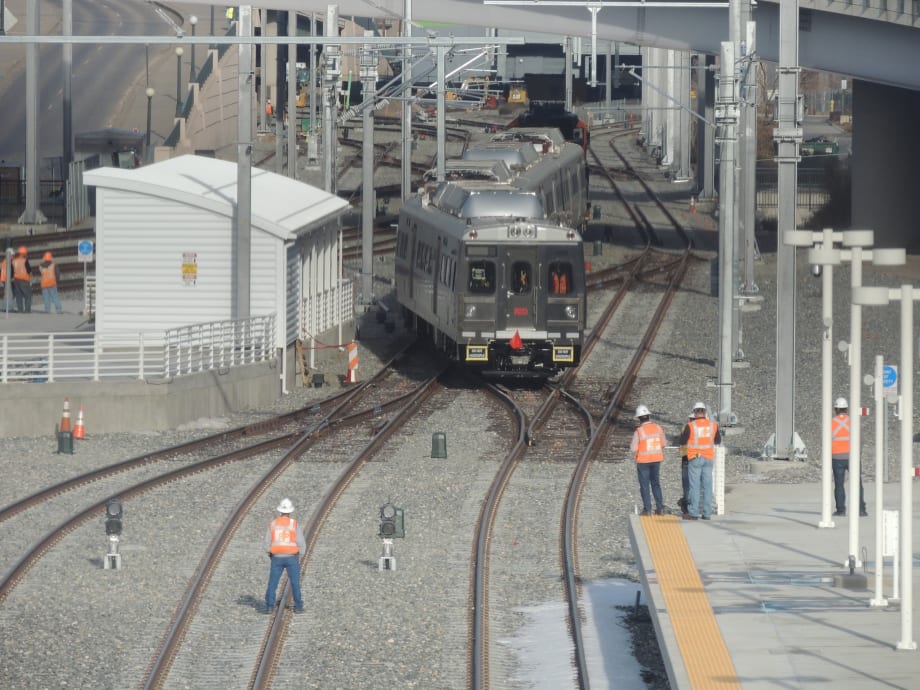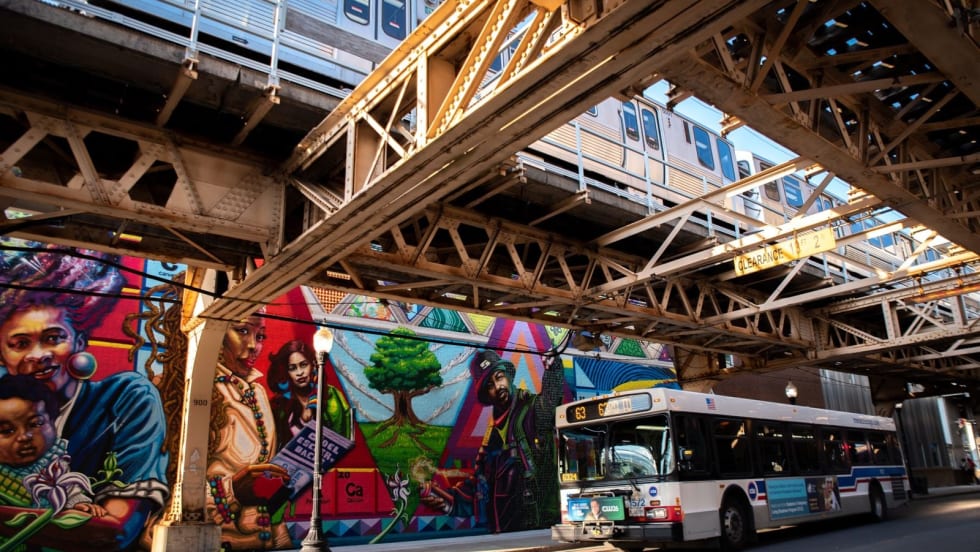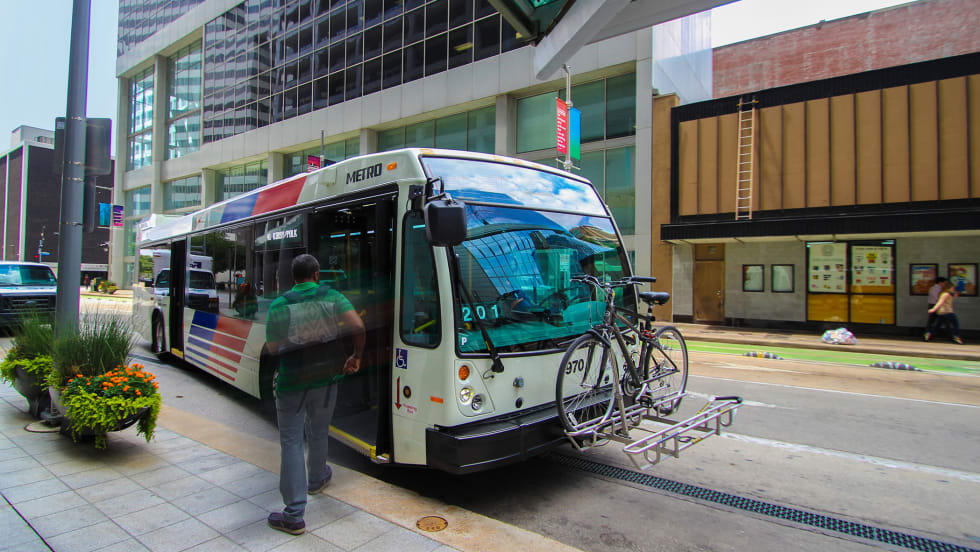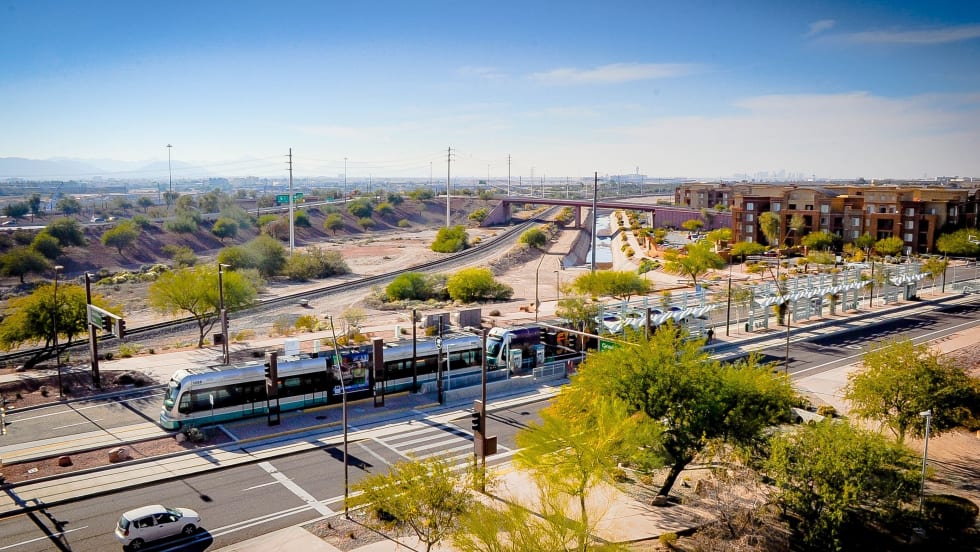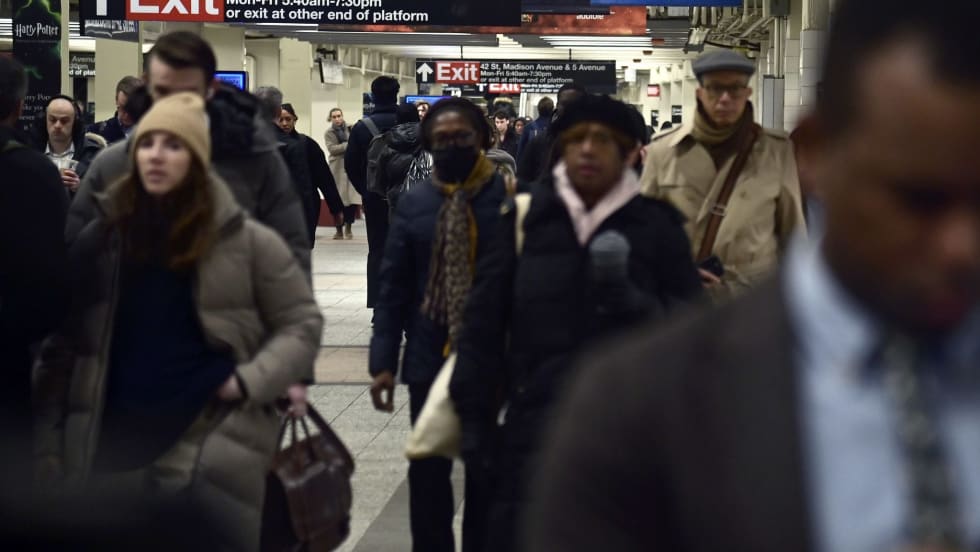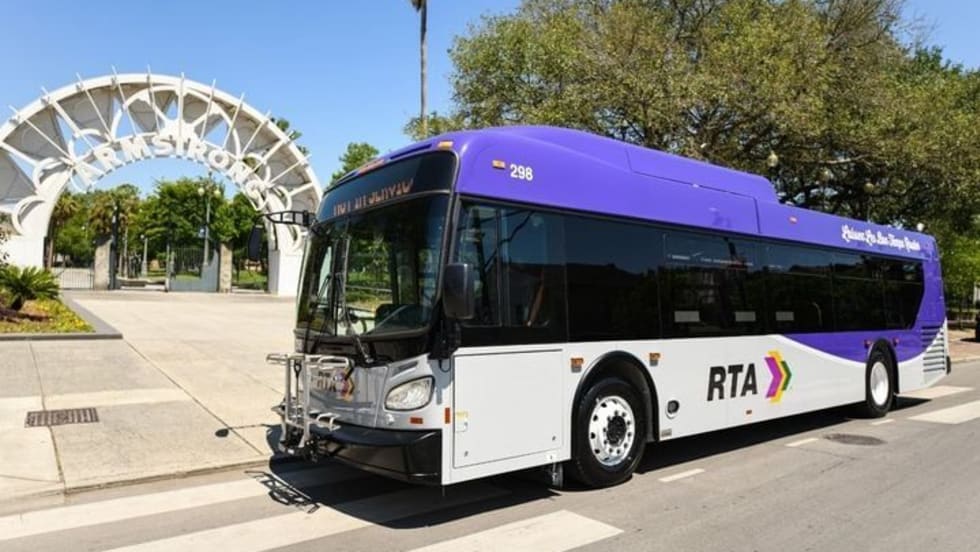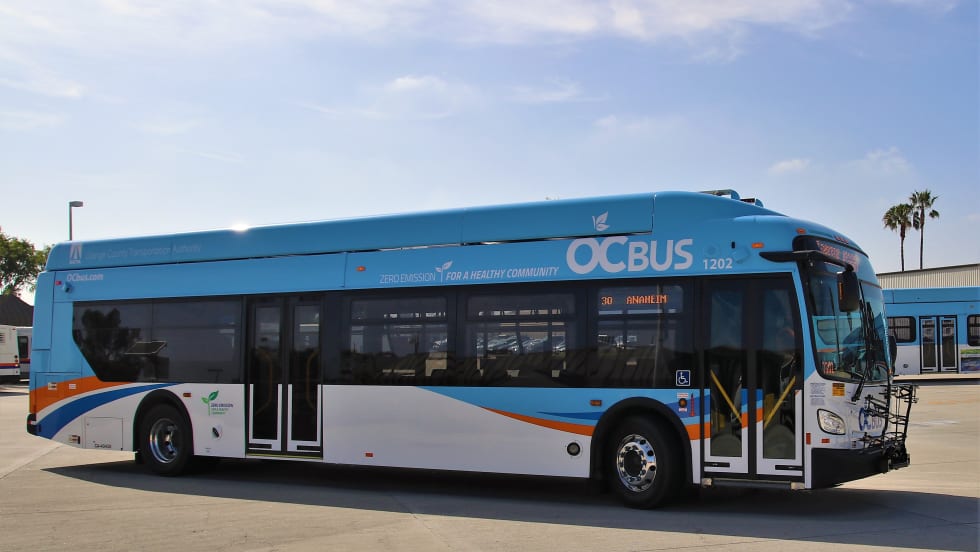To combat significant financial shortfalls in 2021 and the coming years because of the COVID-19 pandemic, Denver’s Regional Transportation District (RTD) is planning for reductions in its budget and staffing levels.
In a memo provided to employees, CEO/GM Paul Ballard noted that RTD anticipates a $166 million shortfall in 2021, with anticipated shortfalls at least that amount or more in the coming years. These challenges are shared by transit agencies across the country that are responding to reduced ridership and financial shortfalls.
“RTD, like much of the world, is having to face the reality of our times by addressing the financial impact of the pandemic,” Ballard said. “These are difficult times requiring difficult decisions, but we will work through this and stay committed to keeping our employee family and the public informed with the facts as they evolve.”
RTD is currently carrying about 40% of its pre-COVID level of ridership, providing 60% of its pre-pandemic level of service, and continuing to employ 100% of its workforce. Funding from the CARES Act — which is expected to be depleted by the end of the year — has allowed the agency to maintain pre-pandemic staffing levels. As RTD anticipates continuing to provide its current and much-reduced level of service moving forward, it is unable to sustain the costs associated with maintaining current levels of staffing.
While RTD staff is continuing to work through final details, the agency anticipates it may need to reduce the number of budgeted positions by 25% to 30%. The figure includes about 635 part-time and full-time positions for represented and salaried staff that are currently filled. Additional positions that are currently vacant would also be eliminated. These numbers are approximate and may change as the agency conducts more detailed analysis.
The information is part of a set of recommendations being presented by an Internal COVID-19 Fiscal Response Task Force to the RTD board at a study session Sept. 15, about how to balance the agency’s Mid-Term Financial Plan and 2021 budget. Further budget reductions planned for 2021 span numerous areas and include:
Deferring $114 million in capital and maintenance projects.
Forgoing pay increases for salaried employees.
Implementing tiered furloughs for salaried employees, ranging from no furlough days for employees with the lowest salaries and up to 18 furlough days for the agency’s highest income earners.



